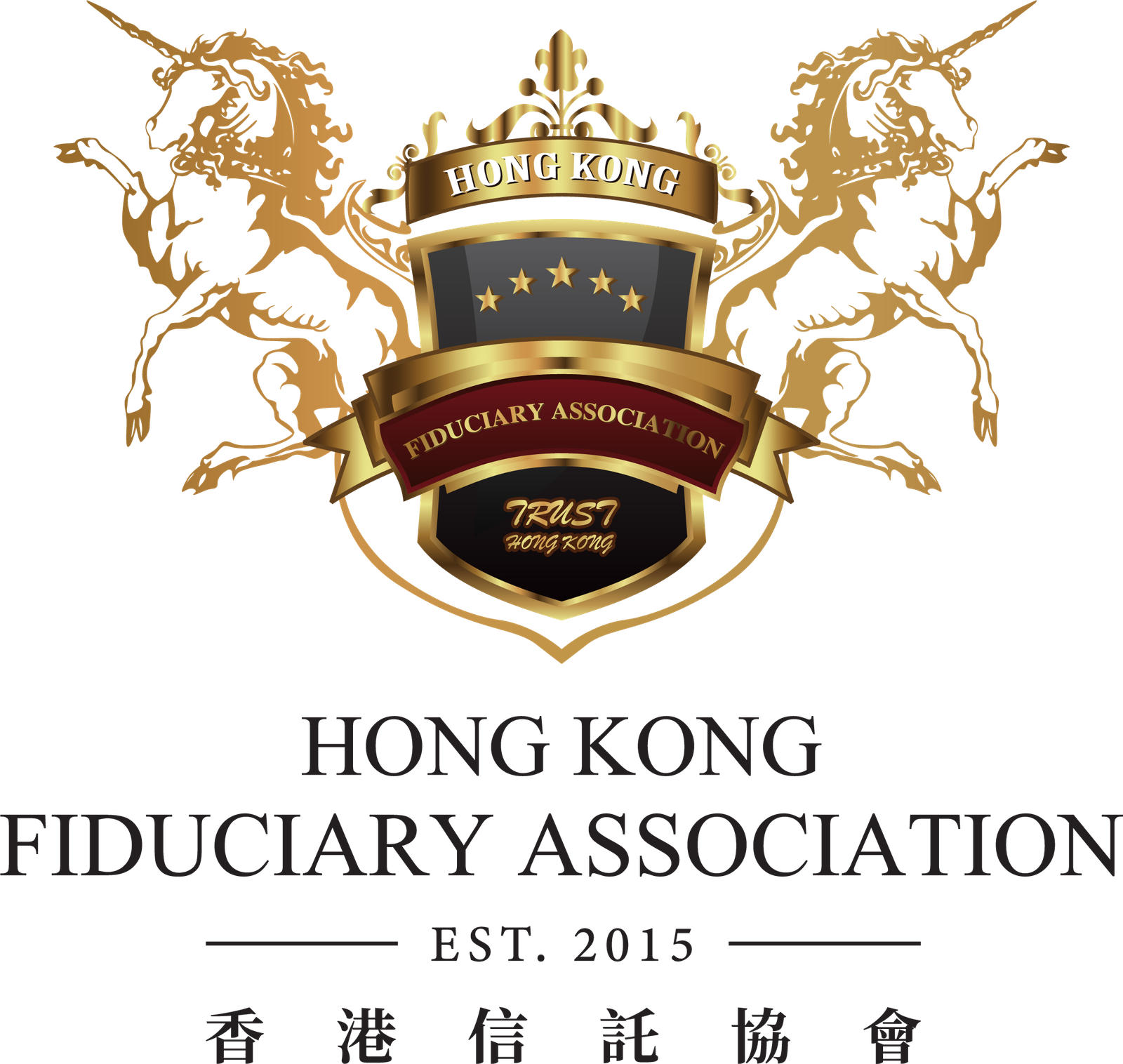Confidentiality in Wealth Planning: Why Trusts Matter

Privacy as a Core Concern For wealthy families, privacy has become a scarce commodity. The global push for transparency in banking, taxation, and corporate structures means that fewer assets remain outside public view. Yet confidentiality in wealth planning is not about secrecy, it is about safeguarding families from unnecessary exposure, disputes, and risks. Trusts offer one of the most effective ways to preserve confidentiality while still complying with international regulations. Unlike public probate processes or corporate filings, trusts operate under private deeds and are not subject to public registration in Hong Kong. For families navigating multiple jurisdictions, this makes a trust an essential anchor of confidentiality. The Risks of Exposure in Probate and Inheritance When an estate passes through probate, the details of the assets, beneficiaries, and values are often made public. In some jurisdictions, probate files can be accessed by journalists, creditors, or competing family members. This exposure creates three risks: Reputational risk: Large estates attract unwanted attention or media coverage. Legal risk: Once values are public, claims and challenges are easier to file. Family risk: Beneficiaries may become targets of disputes or personal demands. For families with global visibility — entrepreneurs, political figures, or cross-border investors — this level of exposure is unacceptable. How Trusts Provide Confidentiality By transferring assets into a trust during the settlor’s lifetime, the trust becomes the legal owner. On the death of the settlor, there is no estate process for those assets, and therefore no public record. Distribution occurs privately, governed by the trust deed and administered by the trustee. Confidentiality is achieved through: No public registration: Hong Kong does not maintain a public trust register. Private deeds: Terms of the trust are only known to the parties involved. Bypassing probate: Assets do not go through court-administered processes. This level of discretion ensures that family affairs remain private while assets pass seamlessly to beneficiaries. Confidentiality in Cross-Border Contexts For international families, confidentiality cannot be limited to one jurisdiction. A family with assets in Europe, Asia, and the Middle East faces exposure in each location. By consolidating assets into a trust governed under Hong Kong law, families can apply one consistent set of private rules. This is particularly valuable in cross-border contexts where: Forced heirship rules could otherwise expose and dictate distributions. Local courts may require public filings for foreign-held property. Probate delays risk revealing sensitive information to competitors or extended relatives. A Hong Kong trust acts as a shield, ensuring confidentiality even when wealth spans continents. Confidentiality Versus Secrecy It is important to draw the distinction between legitimate confidentiality and unlawful secrecy. Trusts in Hong Kong operate under the Trust and Company Service Provider (TCSP) licensing regime. Trustees must comply with anti-money laundering (AML) and know-your-client (KYC) requirements. This means that while the structure remains private to outsiders, it is fully transparent to regulators and banking institutions. Families gain privacy without breaching international compliance standards. In practice, this ensures that: Trustees verify all parties and assets. Regulators can audit compliance. Beneficiaries still receive full legal protection. Trusts therefore provide a balanced solution: private wealth management that does not compromise regulatory obligations. Real Examples of Confidentiality Benefits Example 1: Business Succession A regional entrepreneur holds controlling shares in a private company. If these pass through probate, details of ownership could become public, risking competitive disadvantage. By transferring the shares into a trust, succession occurs privately, shielding both the family and the business. Example 2: Real Estate Holdings Families with property in multiple jurisdictions face public filings at death. A trust allows these properties to pass privately, avoiding court involvement and protecting family privacy. Example 3: Philanthropy and Discretion Some families use trusts to fund philanthropic causes. By doing so confidentially, they can support charities without exposing beneficiaries or inviting scrutiny of personal motives. Confidentiality Beyond Death Confidentiality is not only relevant after death. Trusts also shield information during the settlor’s lifetime: Divorce or family disputes: Assets in trust are harder to target. Political exposure: Families in public roles can keep financial affairs discreet. Generational disputes: Trustees can maintain confidentiality even if heirs disagree. These protections matter for families whose reputation and safety depend on keeping financial details private. Misconceptions About Confidentiality Some critics argue that confidentiality encourages abuse. In reality, trusts in regulated jurisdictions like Hong Kong provide confidentiality without secrecy. The difference lies in governance: Secrecy hides assets unlawfully. Confidentiality protects families while ensuring compliance. This distinction reassures both regulators and families that trusts serve legitimate planning goals. Safeguarding Privacy Across Generations The ultimate value of confidentiality in wealth planning is generational. Families cannot predict what disputes, political shifts, or global crises may arise decades into the future. By structuring assets in a trust, they ensure that wealth is managed and transferred without public scrutiny or unnecessary risk. Trusts as Anchors of Discretion Confidentiality is not about hiding wealth. It is about protecting families, beneficiaries, and legacies from exposure that serves no purpose. Trusts allow families to plan confidently, knowing that sensitive financial details remain private while compliance obligations are fully met. For globally mobile families, trusts are not only financial tools but also anchors of discretion — balancing privacy with security across generations.

 Chinese (Simplified)
Chinese (Simplified)

